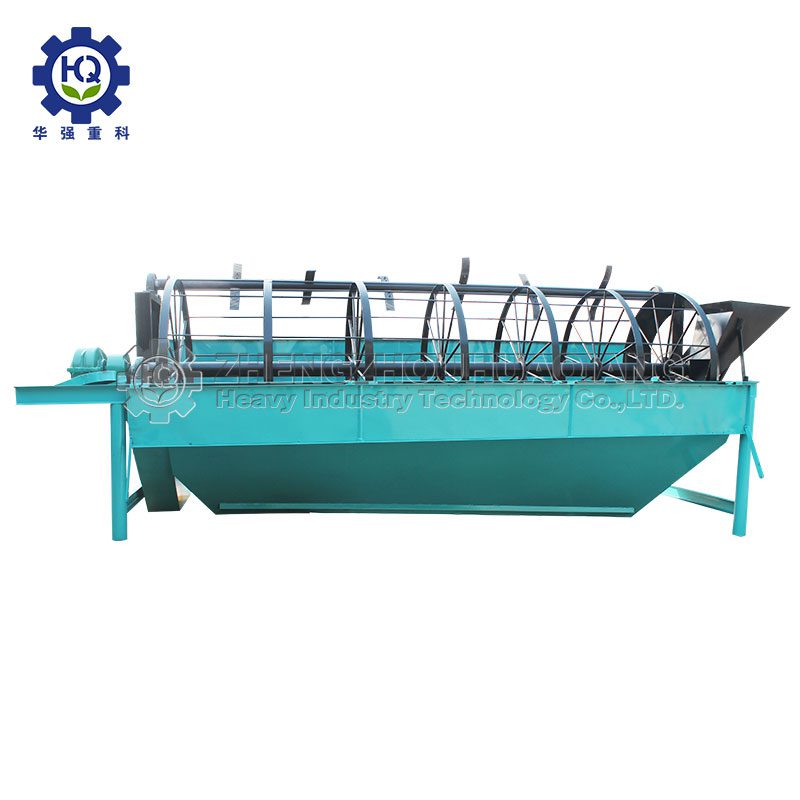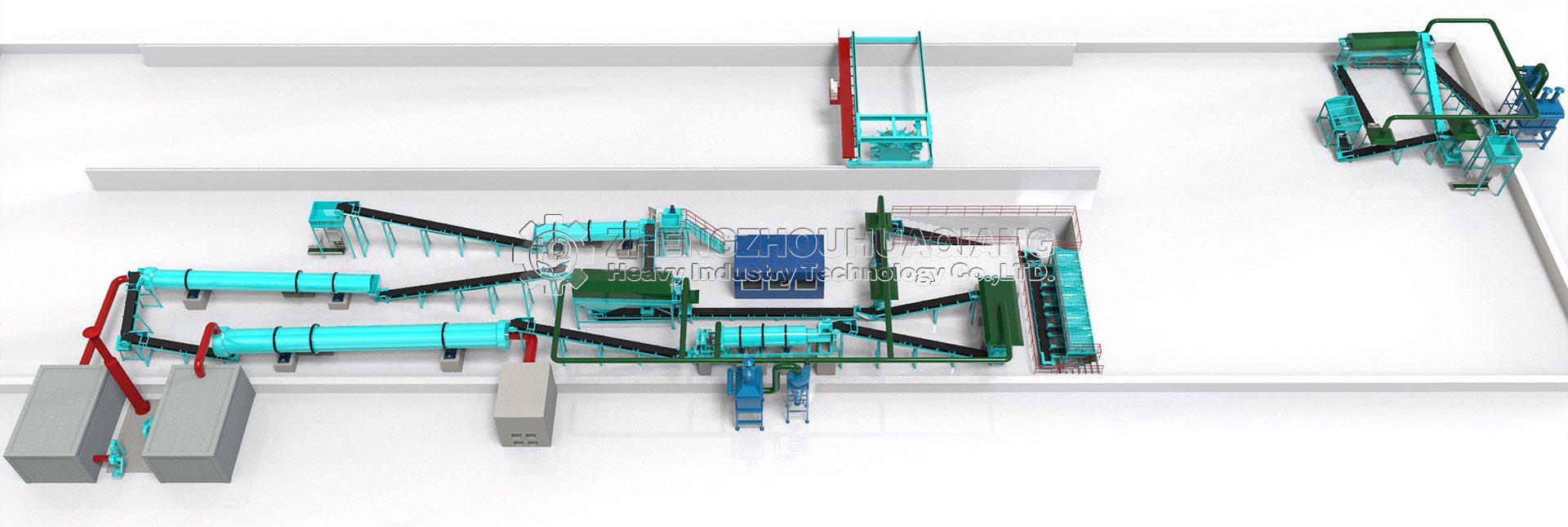How to ensure the quality and safety of raw materials in organic fertilizer production line?
In modern agricultural production, organic fertilizers are favored for their environmental protection and soil improvement properties. However, the quality and safety of raw materials in organic fertilizer production lines are directly related to the effect of fertilizers and the safety of agricultural products. Here are some key steps to take to ensure the quality and safety of Organic Fertilizer Production Line materials:
- Raw material selection and pretreatment: First of all, the raw materials of organic fertilizer need to be strictly selected and pretreatment. Livestock manure, crop straw and other raw materials should be crushed before fermentation to increase the surface area and promote the decomposition of microorganisms. For example, the use of Cage Crusher can effectively crush materials such as urea, thereby improving fermentation efficiency.
- Fermentation process control: the fermentation link in the organic fertilizer production line is crucial. Turning raw materials through a Compost turning Machine, such as the Windrow Compost Turning Machine, ensures that the fermentation process is uniform and adequate, helping to kill pathogens and weed seeds while releasing heat and promoting the breakdown of organic matter.
- Mixing uniformity: The use of Double Shafts Paddles Mixer can ensure that the NPK Fertilizer and other additives in the organic fertilizer are evenly mixed to avoid the difference in fertilizer effect caused by uneven mixing.
- Granulation quality: The granulation link in the organic fertilizer production line is equally important. Through the fertilizer Granulator series, such as the Flat-Die Pellet Machine or Rotary Drum Granulator, uniform fertilizer particles can be formed to improve the efficiency and effectiveness of fertilizer application.
- Screening and dust removal: After granulation, use fertilizer screening Machine (such as Rotary Screening Machine) to screen fertilizer particles, remove unqualified particles, and ensure the uniformity of the finished product. At the same time, it is equipped with efficient dust removal equipment to reduce dust emissions in the production process and protect the environment and workers’ health.
- Drying and cooling: organic fertilizer particles need to be dried and cooled before packaging. The use of Rotary Dryer Machine and Rotary Cooler Machine can effectively remove the moisture in the particles, extend the shelf life of the fertilizer, and reduce the risk of mildew caused by excessive moisture.
- Quality testing: In the whole process of Organic Fertilizer Production Line, the quality of raw materials and finished products are regularly tested to ensure that they meet national and industry standards. This includes the detection of organic matter content, nutrient composition, heavy metal content and other indicators to ensure the safety and effectiveness of organic fertilizers.
Through the above measures, we can effectively ensure the quality and safety of raw materials in the organic fertilizer production line, produce efficient and environmentally friendly organic fertilizer products, and promote the sustainable development of agriculture.





